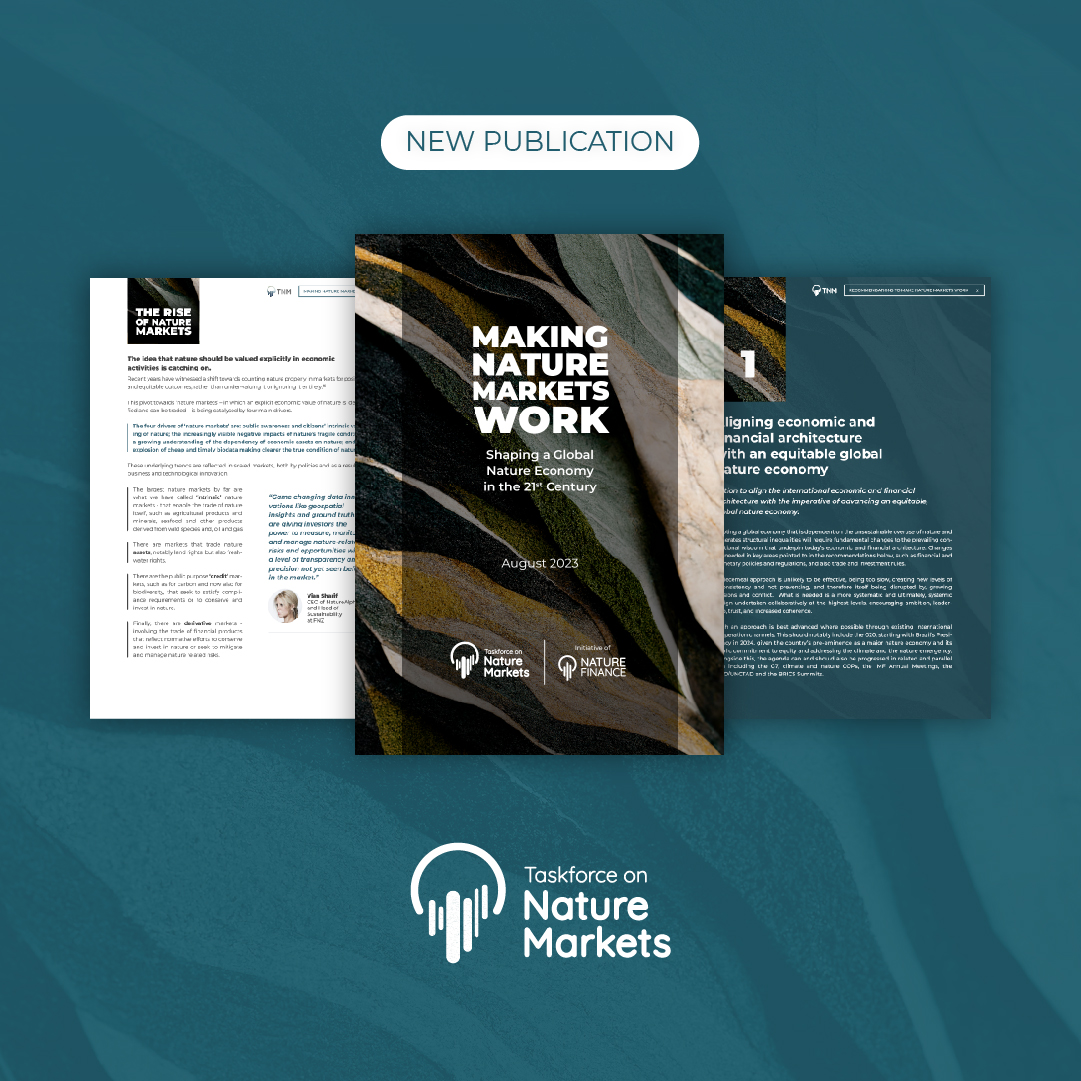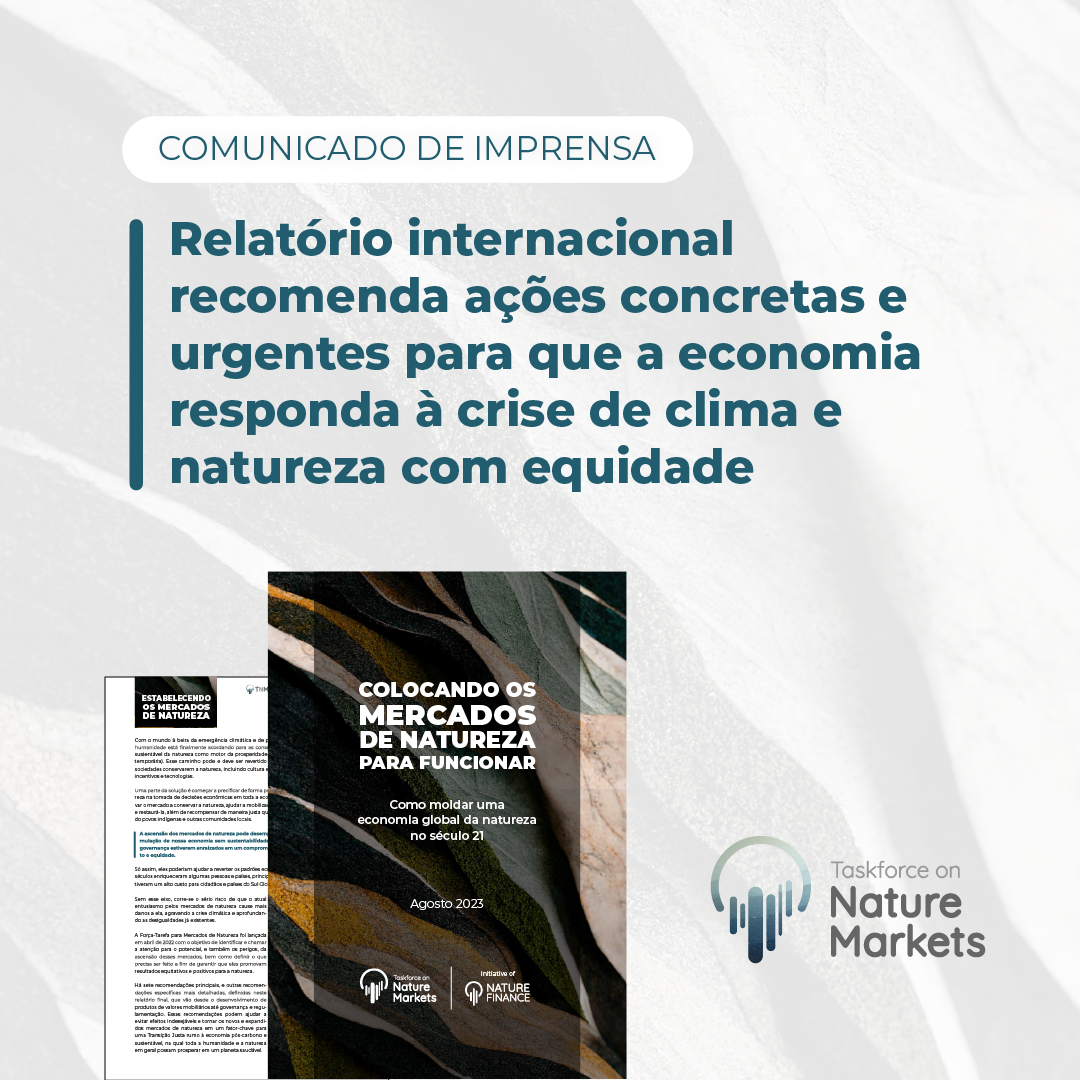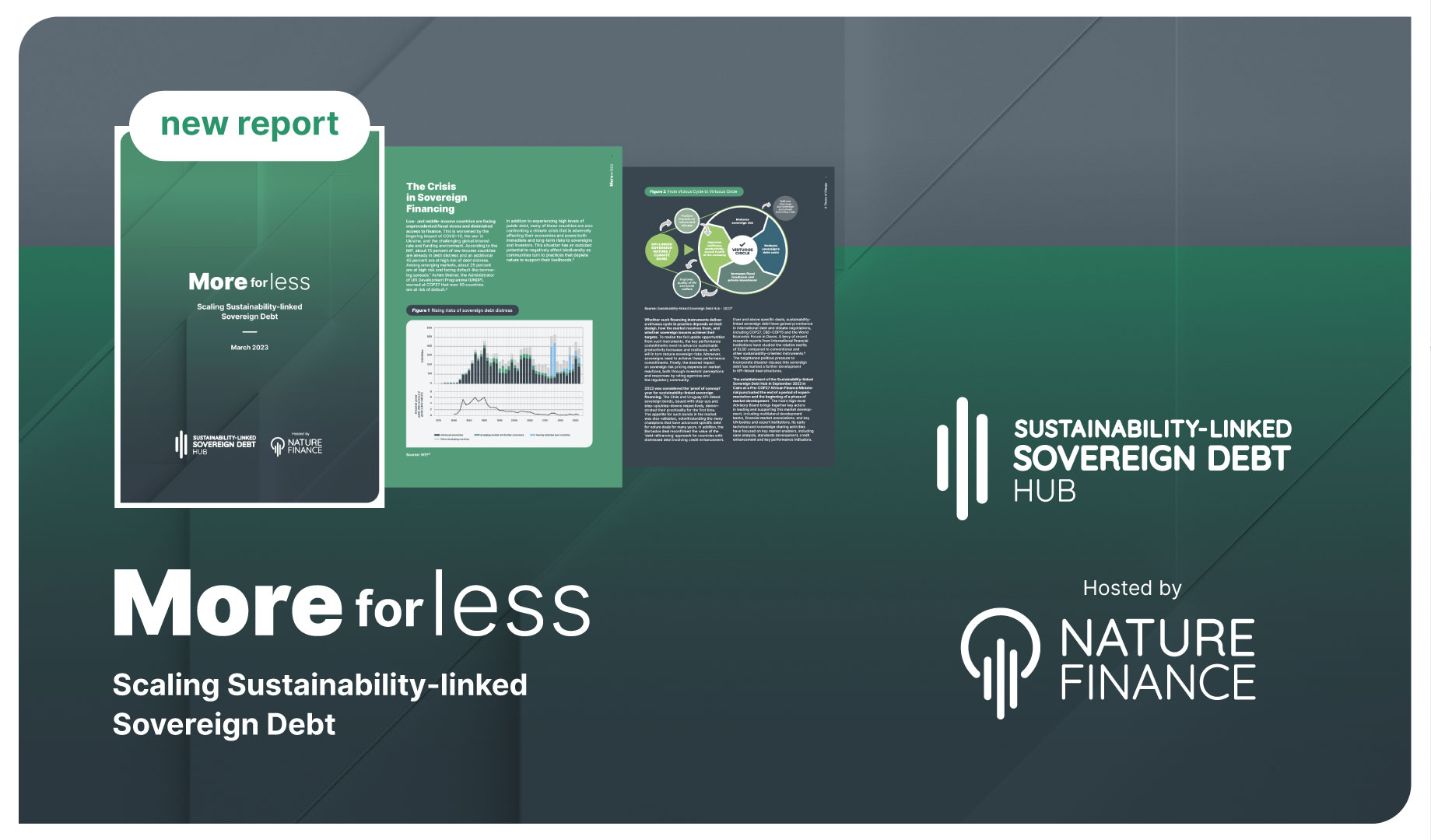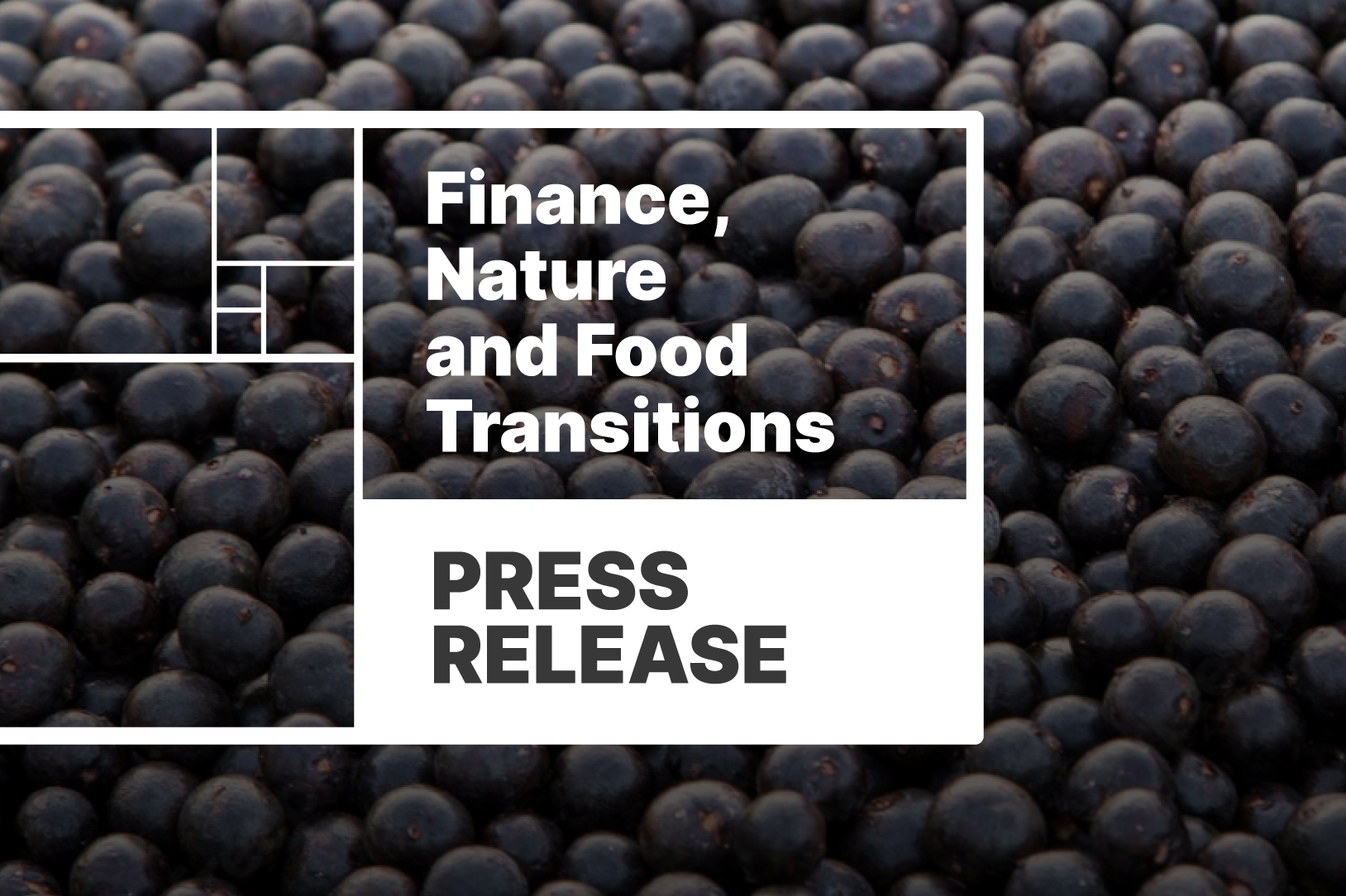- A first-of-its-kind initiative creates economic mechanisms to recognize and reward environmental assets from ecosystem services in Conservation Units, ensuring steady income for those who protect the forest.
- The nine states of the Legal Amazon unite around a common policy to value the region’s environmental assets, aligned with Brazil’s Payment for Ecosystem Services (PES) framework and COP30’s delivery agenda.
- The project strengthens sustainable finance instruments and opens new sources of revenue for the upkeep of protected areas, driving ecological transformation across Amazonian territories.
Belém, 12 November 2025 — At COP30, NatureFinance and the Legal Amazon Consortium (CAL) announce the launch of the Full Protection Environmental Assets in the Brazilian Amazon Project, led by the Finance Secretariats of the nine states of the Legal Amazon, with support from state Environment Secretariats.
The initiative — the first of its kind in Brazil — establishes a new public architecture to structure economic mechanisms that value and remunerate ecosystem services provided by Full Protection Conservation Units (legally designated areas in Brazil where nature preservation is the main objective, and economic activities or resource use are strictly prohibited). By aligning finance with conservation, the project transforms preservation into a strategic asset — helping maintain the Amazon’s megabiodiversity while relieving pressure on state budgets, thus freeing up resources for investment in economic growth, inequality reduction, infrastructure, and social programs.
According to the World Bank, the Brazilian Amazon generates about US$317 billion per year in ecosystem services, biodiversity, and climate regulation. Keeping this natural engine running requires between US$1.7 and 2.8 billion annually for monitoring and managing protected areas, according to the Instituto Socioambiental. Today, those costs fall largely on Amazonian state governments, which shoulder the financial burden of conservation while being legally barred from generating revenue within these areas.
The project addresses this imbalance by putting an economic value on conservation — recognizing it as a public service that benefits humanity and should generate fair, predictable returns for those protecting biodiversity. It strengthens the management and effectiveness of protected areas and helps maintain ecological connectivity that would otherwise take decades to restore in threatened territories. By directing new financial flows to priority areas, it also supports sustainable local development and reinforces the social and economic foundations of the Amazon.
As COP30 calls for tangible outcomes, the nine states are uniting around a common policy grounded in Brazil’s Payment for Ecosystem Services (PES) legislation — built on high-integrity, transparent, measurable, and auditable metrics.
Valuing the Amazon’s natural assets
By aligning finance with an economy that works for nature, climate, and people, the project generates tangible impact in the real economy — remunerating verified ecosystem services such as recovery of key species populations, habitat connectivity, and improved soil and water quality, while reducing systemic risks tied to biodiversity loss.
Biodiversity credits will be based on objective indicators such as the increase in populations of key species, ecological connectivity, and soil and water quality. The project’s methodology is being developed by technical, financial, and legal teams, drawing on recognized national and international references.
Voluntary payments for these services may come from beneficiaries across sectors, including energy, mining, oil and gas, agriculture, bioeconomy, and other value chains that depend directly on natural capital for resilience and productivity. For the Amazon states, these new revenues will be directed to conservation efforts, easing fiscal pressure and freeing funds for health, infrastructure, and other public services.
From COP30 to the World
The launch of the project at COP30 shows that commitments can be turned into measurable results. According to the Inter-American Development Bank (IDB), every dollar invested in forest restoration and conservation in the Amazon can generate up to US$7 in direct and indirect economic benefits — including job creation, productivity gains, and climate stability.
By integrating the bioeconomy with the climate and biodiversity agendas, the project turns the Amazon’s full protection areas into measurable economic assets — generating valued natural capital and recurring revenue for states.
In a “mutirão” spirit, this joint effort between governments, the private sector, and multilateral institutions promotes economic resilience, financial innovation, and inclusive growth, reinforcing Brazil and the Amazon’s role as living laboratories for scalable solutions from the Global South.
QUOTES
“Forests, rivers, and soils are economic infrastructure as essential as roads or energy. When these assets degrade, everyone pays the price. This project redefines how we finance the future — recognizing nature as a strategic asset and creating recurring revenue for those who protect ecosystems.” Luana Maia, Global Brazil Lead, NatureFinance
“This project marks a new chapter of cooperation among Amazonian states: transforming conservation into real economic value. For the first time, Amazon governments are coming together to build a public mechanism that recognizes and rewards the ecosystem services sustaining life on Earth. It’s a concrete response to fiscal and environmental challenges — and a statement of regional leadership: the Amazon is not just a global debate topic, it’s a provider of solutions. By creating financial instruments that value biodiversity and strengthen protected area management, we take a decisive step toward an economy that recognizes nature as an essential asset, ensuring that development and conservation move forward together.” Marcello Brito, Executive Director, Consórcio Amazônia Legal
“The Amazon serves humanity by providing essential ecosystem services to the planet; it is only fair that biodiversity protection generates stable income for Amazonian states. With budgets under pressure, maintaining management and monitoring in Conservation Units demands new and predictable revenue sources. By structuring results-based financial instruments like biodiversity credits and payments for environmental services, we preserve natural capital stocks and the climate resilience that underpin global economic stability. Permanent conservation-linked revenues relieve public finances and unlock investment in education and health, recognizing those who live and work for the forest. It’s a virtuous cycle: a standing forest ensures predictability for business and dignity and development for Amazonian people.” Luis Fernando Pereira da Silva, Coordinator, Fiscal and Tax Management Chamber, Consórcio Amazônia Legal
“The states of the Legal Amazon share a common challenge: protecting the world’s largest tropical forest while ensuring fiscal stability and development opportunities for our people. This project reflects the convergence between environmental responsibility and fiscal balance. By recognizing conservation as an essential and structuring service, we are creating a new economic foundation — one capable of generating recurring revenue, strengthening the management of protected areas, and opening space for new investments in education, health, and infrastructure.” Joint Statement by the Finance Secretaries of Amapá, Pará, Rondônia, Roraima, Maranhão, Mato Grosso, and Tocantins
NOTES TO EDITORS
Official COP30 Event
The project will be presented at COP30’s Blue Zone in Belém, with participation from representatives of all nine Legal Amazon states, civil society, investors, and international experts.
12 November | 13:45–15:00 | Hub Amazônia, Blue Zone
Details: https://www.naturefinance.net/naturefinance-at-cop30/
About the Legal Amazon Consortium (CAL) – The Inter-State Sustainable Development Consortium of the Legal Amazon brings together the nine Amazonian states: Acre, Amapá, Amazonas, Mato Grosso, Maranhão, Pará, Rondônia, Roraima, and Tocantins. It promotes sustainable regional development by strengthening cooperation among state governments and balancing economic progress, social justice, and environmental preservation.
About NatureFinance — NatureFinance is an international non-profit think tank and solutions lab catalyzing global efforts to align finance with planetary boundaries. From sovereign finance to the bioeconomy, NatureFinance designs, tests, and scales innovative financial instruments and partnerships that put finance at the service of nature, climate, and people.
Media Contacts
NatureFinance: Amandine Ambregni, Director of Communications – nfcommunications@naturefinance.net
Consórcio da Amazônia Legal: Rafaelle Silva, Press Officer for the Legal Amazon Consortium, comunicacao@consorcioamazonialegal.gov.br, WhatsApp: +55 (61) 99681-3235








